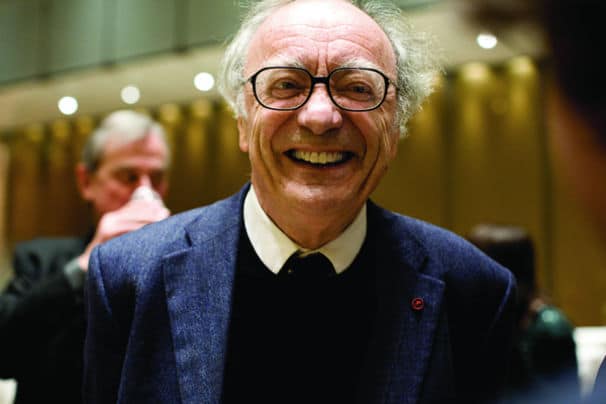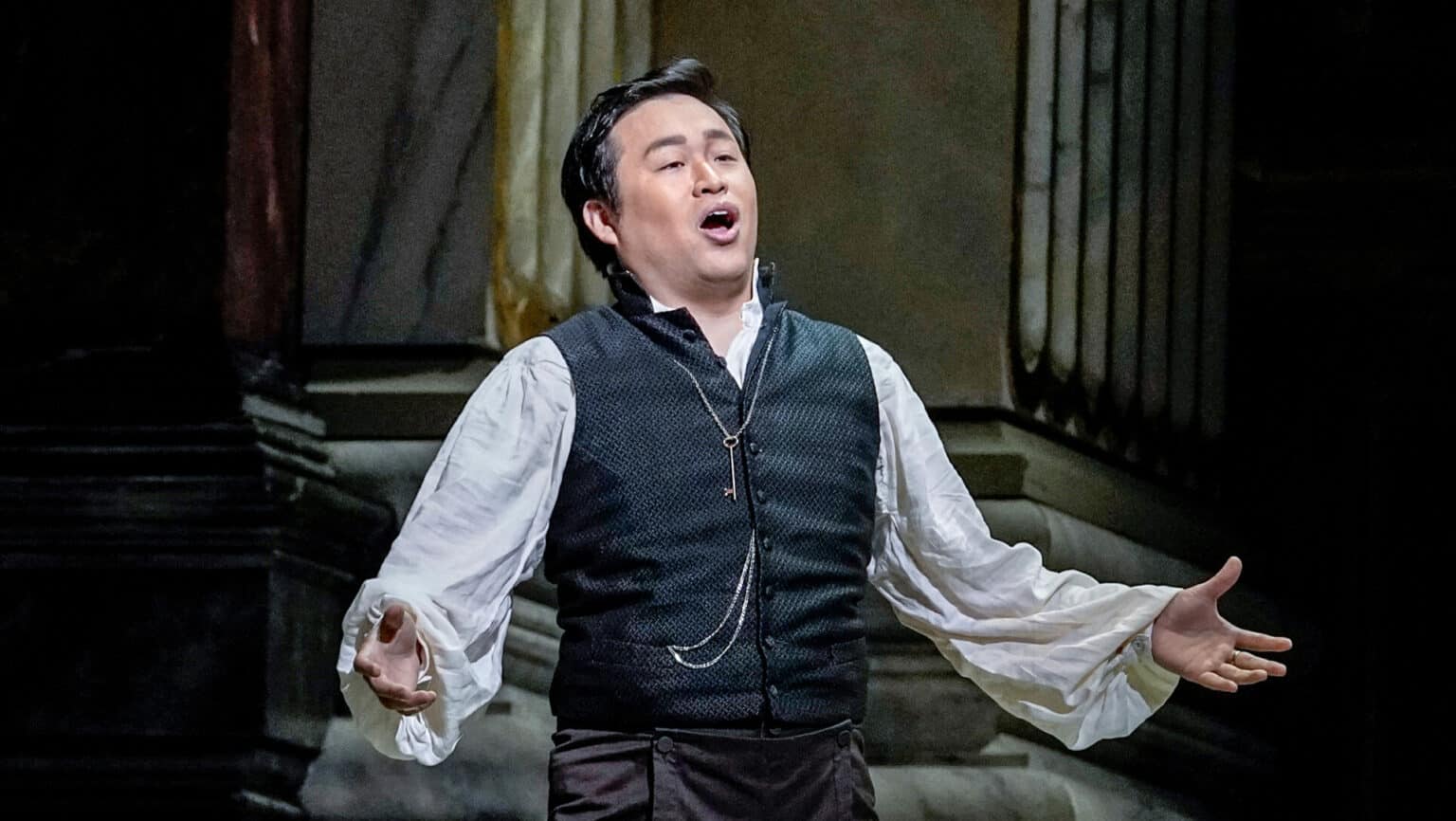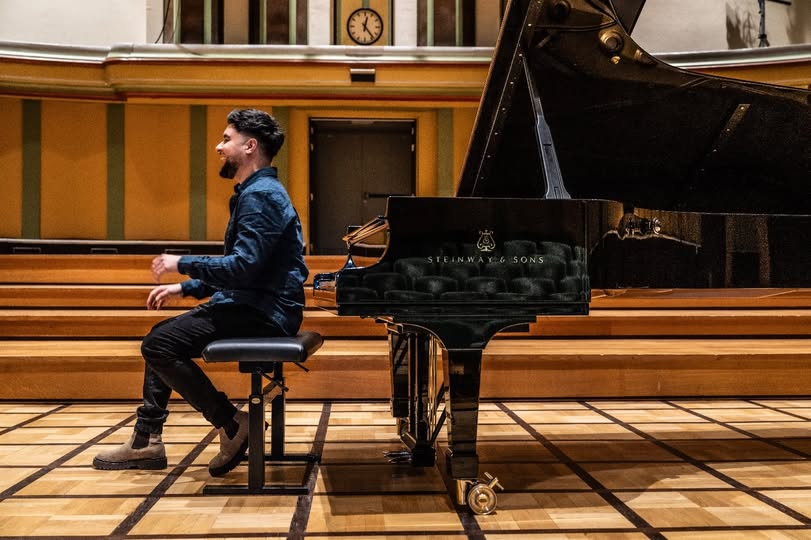The reward for a really bad review
mainEchoes of Harold Schonberg’s Times review that supposedly killed Claude Frank’s career in New York continue to resound.
Here’s how Harold began his review:
Claude Frank, who was a Schnabel student and in recent years has been active with Rudolf Serkin at the Marlboro Music Festival, can, on the basis of his Schumann performance last night, be described as a junior‐executive model of an American pianist. In one respect, his performance of the concerto was quite good—technically clean, musically and rhythmically dependable, textually faithful. It was efficiency personified.
But from another respect, the performance was disappointing. The A minor Concerto is nothing if not poetic; and Mr. Frank’s businesslike playing was skimpy in poetry.
However, a distinguished third party who was involved in these events informs us as follows:
‘Let it be known that George Szell ,who conducted that New York Philharmonic concert, was so annoyed by Schonberg’s review that he changed an already set Cleveland Orchestra program for the following season in order to have Claude play with him there. So actually Harold got Claude an extra and most elegant engagement.’
Good for Szell!






All anyone has to do is listen to the recording of the same Mozart w/Szell and the “Columbia” (Cleveland) Orchestra and then come to their own conclusions.
Szell never associated himself, especially w/the Cleveland Orchestra at Carnegie with anyone or anything but the best. What a bunch of c*ap.
Oh, for those days!
The “Columbia Symphony” was actually a NY freelance orchestra put together for some of Szell’s accompanying stints. The Casadesus/Szell late Mozart concerto collection used both orchestras. Recording venues were Cleveland’s Severance Hall and NY’s Columbia 30th St. studios – a great venue gone to the wrecker’s ball.
Not correct. The Columbia Symphony was simply a generic name that was applied to various groups depending on where the recording was made. If recorded in New York, it was usually the New York Philharmonic, if in Los Angeles, it was a mix of members of the LA Phil plus movie studio orchestras. Many of Bruno Walter’s late recordings in California were made under this arrangement The Szell/Casadesus recordings made under the Columbia Symphony name were actually members of the Cleveland Orchestra, recorded at Severance Hall. Recording logs bear this out.
Hank, not challenging you, but why would Columbia have to call the CO “Columbia Symphony?” Wasn’t the Cleveland under contract to Columbia? Or was that still Epic…? The Epic/Columbia relationship has always confused me.
Interesting question. It had to do with the fact that Cleveland was under contract to Epic records, a budget label which hadn’t been folded into Columbia Masterworks yet. I’ve also read that it was a way for Columbia being able to get out of paying residuals to the players, but I don’t know if that’s correct. In any case, the recording sessions are also logged in Donald Rosenberg’s book about the Cleveland Orchestra.
That Cleveland performance was recorded and once available from Mr. Nathan Brown. I have no idea who took over his archive after he retired a couple of years ago.
Columbia records.
There are those who like to herd the public by conditioning them to believe what *credible people* say rather than listening for themselves. And of course these *credible people* are trying to teach the public to listen with their heads instead of their ears…
The 68′ recordings of K.450 & 453 were recorded with the Cleveland Orchestra by name and were available on a superb CD transfer from Lani Spahr’s Locked in the Vault Reissues (regrettably no longer available due copyright issues). Also, it is pleasantly surprising to read a mention of George Szell without the usual disparaging asides. The reasons why he was difficult to satisfy would likely make for interesting analysis but the product was rarely less than life enriching.
Breaking news: critic pens review that some disagree with. Film at 11.